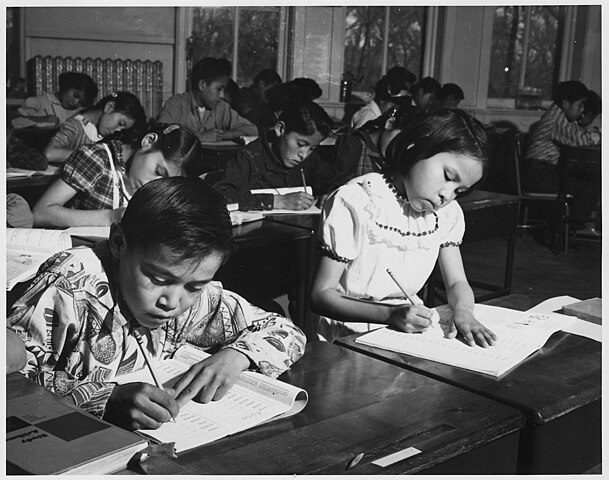Fine motor skills refer to the small, precise movements of the muscles in the hands, fingers, and wrists. The development of fine motor skills is crucial in early childhood for various reasons, as it lays the foundation for future academic, self-care, and life skills. Here’s why the development of fine motor skills is important:
Preparation for Writing:
- Pencil Grip: Fine motor skills are essential for developing a proper pencil grip. A well-developed grip is crucial for writing and drawing, which are fundamental skills in early childhood education.

- Pencil Grip: Fine motor skills are essential for developing a proper pencil grip. A well-developed grip is crucial for writing and drawing, which are fundamental skills in early childhood education.
Academic Readiness:
- Hand-Eye Coordination: Fine motor skills contribute to the development of hand-eye coordination, which is essential for activities such as reading, writing, and completing tasks that involve visual-motor integration.
Self-Care Skills:
- Dressing and Self-Feeding: Fine motor skills enable children to manage buttons, zippers, and snaps on clothing. They also play a significant role in self-feeding, as children learn to use utensils and manipulate small objects during meals.
Tool Use and Manipulation:
- Tool Mastery: Fine motor skills are necessary for mastering the use of various tools and utensils. This includes scissors, glue, paintbrushes, and other items used in arts and crafts, fostering creativity and expression.
Cognitive Development:
- Problem-Solving: Fine motor skill development is linked to cognitive abilities, including problem-solving. Manipulating small objects, fitting pieces together, and completing puzzles all contribute to cognitive growth.
Social Interaction:
- Play and Cooperation: Fine motor skills are often engaged during play, and cooperative play involves sharing and exchanging small objects. These interactions help develop social skills and the ability to collaborate with peers.
Independence and Confidence:
- Task Independence: As children develop fine motor skills, they become more capable of performing tasks independently. This independence boosts their confidence and self-esteem.
Handwriting Skills:
- Letter Formation: Fine motor skills are essential for proper letter formation and control during handwriting. Children with well-developed fine motor skills are more likely to produce legible and neat writing.
Preparation for Technology Use:
- Digital Interaction: In the digital age, fine motor skills are increasingly important for interacting with touchscreens, keyboards, and other digital devices. Developing these skills early helps children adapt to technology.
Coordination and Muscle Strength:
- Overall Physical Development: Fine motor skills contribute to overall physical development, including hand and finger strength. This can have positive effects on a child’s ability to participate in sports and other physical activities.
Encouraging activities that promote fine motor skill development, such as drawing, cutting, stacking, and playing with small objects, is crucial during early childhood. These activities not only enhance physical dexterity but also support cognitive, social, and emotional development, setting the stage for a successful transition to formal education and beyond.












